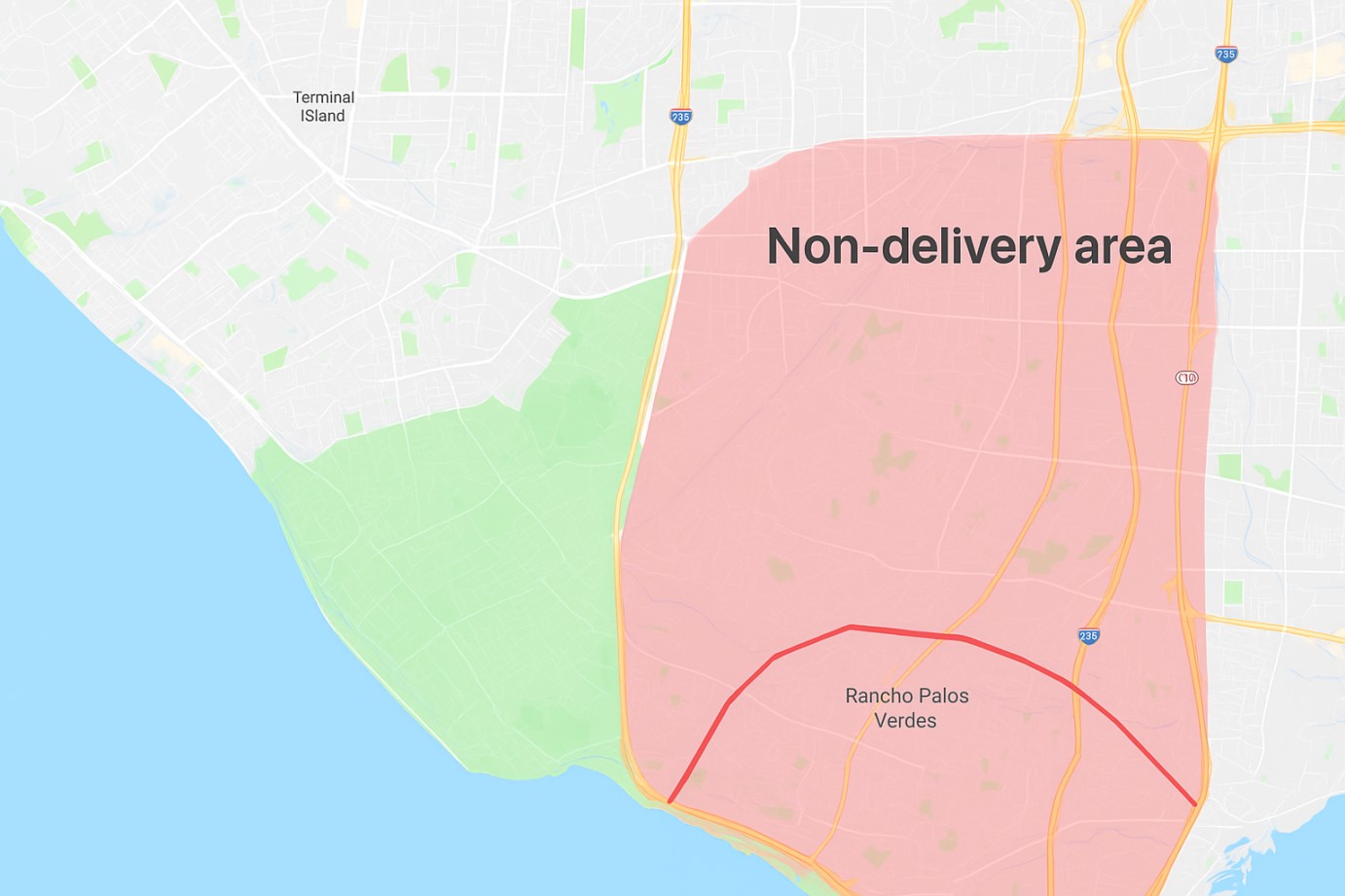This website uses cookies so that we can provide you with the best user experience possible. Cookie information is stored in your browser and performs functions such as recognising you when you return to our website and helping our team to understand which sections of the website you find most interesting and useful.

Original content on your WordPress blog can be a hotspot for content scrapers, leading to a proliferation of SPAM sites in a short span of time. These sites, which use stolen content, can even end up outranking your original site. This is incredibly frustrating for any website owner, knowing that someone is stealing your hard-earned content without permission, making money from it, and potentially misrepresenting your site as SPAM, thus stealing your visitors.
Content scraping has grown to an alarming level today, with large sites effortlessly stealing content from original creators.
How Content Scraping Occurs
Content scraping is typically performed by scripts that extract content from original web sources and consolidate it onto a single site. A person might create a beautiful WordPress site, then install plugins to scrape content from specified blogs, publishing it on their own site. The motives behind content scraping are often financial. Scrapers aim to exploit the system to generate revenue by using original content from other sites to drive traffic to their own. Once traffic increases, they monetize their site through advertisements.
How to Identify Your WordPress Site’s Scrapers
Identifying a site that scrapes content from yours can be a tedious and time-consuming task. Here are some effective methods to help you identify content scrapers:
- Google Search: Search Google using your site’s post titles. Although this process is tedious, especially when dealing with popular topics, it can help you spot scrapers.
- Trackbacks: Add internal links to your blog posts. If a site steals your content, you will notice a trackback. Using Akismet in WordPress can show trackbacks in the SPAM folder, provided you have internal backlinks in your posts.
- Google Webmaster Tools: Check the “Traffic” section under “Links to your site” to find links from scraper sites.
- FeedBurner: If you have installed FeedBurner on your WordPress blog, check the “Analyze” tab under Feed Stats for “Uncommon Uses,” which lists scraper sites.
The Approach for Dealing with Content Scrapers
Here are some strategies to deal with content scrapers:
- Take No Action: For authority sites in Google’s eyes, ignoring the issue might cause no harm. However, for other sites, this can be risky as they can be flagged as scrape sites during a Panda Update.
- Contact the Scraper: Reach out to the scraper and ask them to remove your content. If they refuse, you can file a Digital Millennium Copyright Act (DMCA) complaint referencing their host.
- Block Their IP: Blocking the IP address of the scraper can prevent further content theft.
- Leverage Internal Linking: Take advantage of scrapers by adding internal links to your posts. This can help you get backlinks from their sites, increasing your audience. You can also auto-link keywords with affiliate links.
Protecting your WordPress blog from content scrapers might seem like a daunting task, but with the right strategies, you can safeguard your hard work and ensure that your content remains yours.

WP GDPR PROMake your website GDPR compliant with just a few clicks— no legal or technical knowledge required.
Get GDPR Compliant - Download Now
|
Explore the latest in WordPress
Trying to stay on top of it all? Get the best tools, resources and inspiration sent to your inbox every Wednesday.




